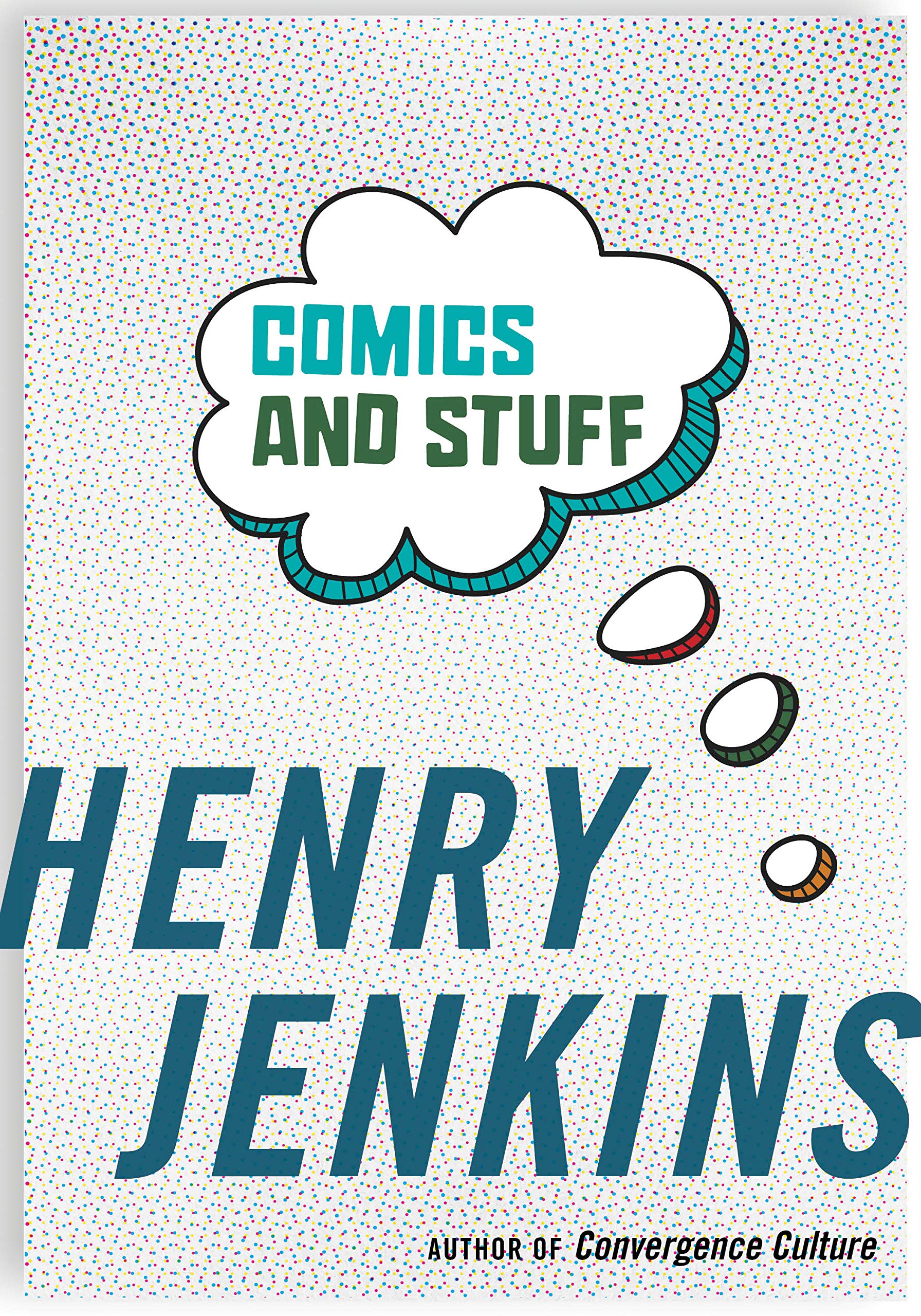
Considers how comics display our everyday stuff-junk drawers, bookshelves, attics-as a way into understanding how we represent ourselves now For most of their history, comics were widely understood as disposable-you read them and discarded them, and the pulp paper they were printed on decomposed over time.
Today, comic books have been rebranded as graphic novels-clothbound high-gloss volumes that can be purchased in bookstores, checked out of libraries, and displayed proudly on bookshelves.
They are reviewed by serious critics and studied in university classrooms.
A medium once considered trash has been transformed into a respectable, if not elite, genre.
While the American comics of the past were about hyperbolic battles between good and evil, most of today's graphic novels focus on everyday personal experiences.
Contemporary culture is awash with stuff.
They give vivid expression to a culture preoccupied with the processes of circulation and appraisal, accumulation and possession.
By design, comics encourage the reader to scan the landscape, to pay attention to the physical objects that fill our lives and constitute our familiar surroundings.
Because comics take place in a completely fabricated world, everything is there intentionally.
Comics are stuff; comics tell stories about stuff; and they display stuff.
When we use the phrase and stuff in everyday speech, we often mean something vague, something like etcetera.
In this book, stuff refers not only to physical objects, but also to the emotions, sentimental attachments, and nostalgic longings that we express-or hold at bay-through our relationships with stuff.
In Comics and Stuff, his first solo authored book in over a decade, pioneering media scholar Henry Jenkins moves through anthropology, material culture, literary criticism, and art history to resituate comics in the cultural landscape.
Through over one hundred full-color illustrations, using close readings of contemporary graphic novels, Jenkins explores how comics depict stuff and exposes the central role that stuff plays in how we curate our identities, sustain memory, and make meaning.
Comics and Stuff presents an innovative new way of thinking about comics and graphic novels that will change how we think about our stuff and ourselves.
New York University Press (NYU Press) este o editură academică prestigioasă afiliată la Universitatea din New York (NYU).
Înființată în 1916, NYU Press este una dintre cele mai vechi prese universitare din Statele Unite și are o reputație de lungă durată pentru publicarea de lucrări academice de înaltă calitate în diverse discipline.
În calitate de editor academic de top, NYU Press este specializată în publicarea de cărți în științe umaniste și sociale, cu accent pe studii critice și interdisciplinare.
Comunicatele de presă publică cărți într-o gamă largă de domenii, inclusiv sociologie, antropologie, istorie, studii culturale, studii media, studii de gen, științe politice, drept și multe altele.
NYU Press se angajează să publice burse inovatoare și riguroase din punct de vedere intelectual, care contribuie la discursul academic și se implică în probleme sociale, culturale și politice presante.
Presa este cunoscută pentru programul său de publicare divers și incluziv, care prezintă lucrări atât ale unor oameni de știință consacrați, cât și ale unor voci emergente, precum și cărți care explorează perspective subreprezentate și comunități marginalizate.
Pe lângă monografiile academice, NYU Press publică și manuale, lucrări de referință și cărți de interes general destinate unui public mai larg.
Publicațiile presei sunt distribuite la nivel global și sunt utilizate pe scară largă în săli de clasă, biblioteci și instituții academice din întreaga lume.
În general, New York University Press joacă un rol vital în promovarea cunoștințelor și în promovarea anchetei intelectuale prin programul său de publicare, reflectând excelența academică și angajamentul față de cercetare și bursă a Universității din New York.